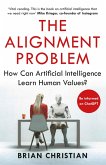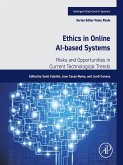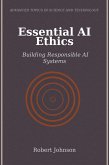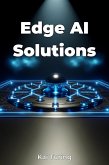Through a careful progression from theoretical foundations to real-world applications, it demonstrates how classical moral philosophies can inform modern AI development while acknowledging the unique ethical challenges posed by this transformative technology. The book distinguishes itself by combining academic rigor with practical applicability, featuring case studies from leading technology companies and research institutions.
It examines how AI impacts various sectors, from healthcare diagnostics to criminal justice assessments, while drawing insights from multiple disciplines including philosophy, computer science, and public policy. The authors argue convincingly for a hybrid approach that merges established philosophical principles with new frameworks specifically designed for AI development.
What makes this work particularly valuable is its commitment to providing concrete solutions rather than just theoretical discourse. Each chapter builds upon the previous, moving from fundamental ethical theories to specific implementation strategies, supported by evidence from academic research, industry white papers, and interviews with AI developers and ethicists. The book serves both as a theoretical foundation and a practical guide, making it an essential resource for AI developers, policymakers, and ethics professionals while remaining accessible to informed general readers interested in the ethical dimensions of artificial intelligence.
Dieser Download kann aus rechtlichen Gründen nur mit Rechnungsadresse in A, B, BG, CY, CZ, D, DK, EW, E, FIN, F, GR, H, IRL, I, LT, L, LR, M, NL, PL, P, R, S, SLO, SK ausgeliefert werden.









